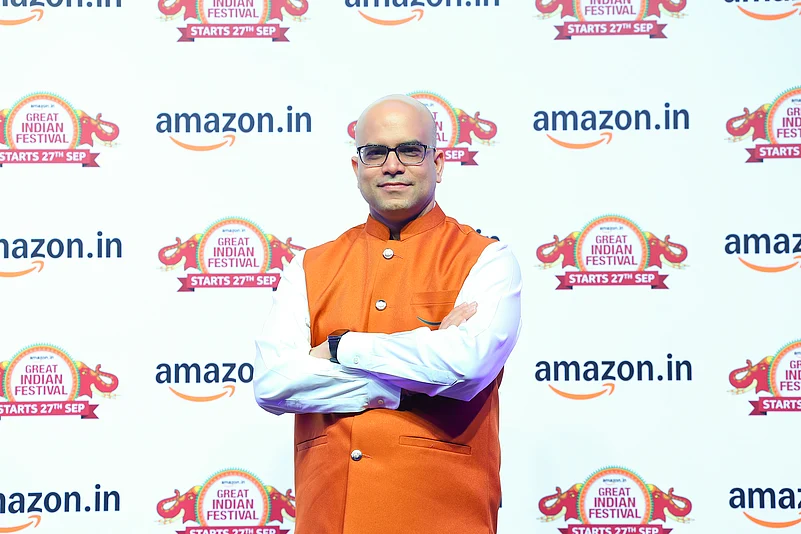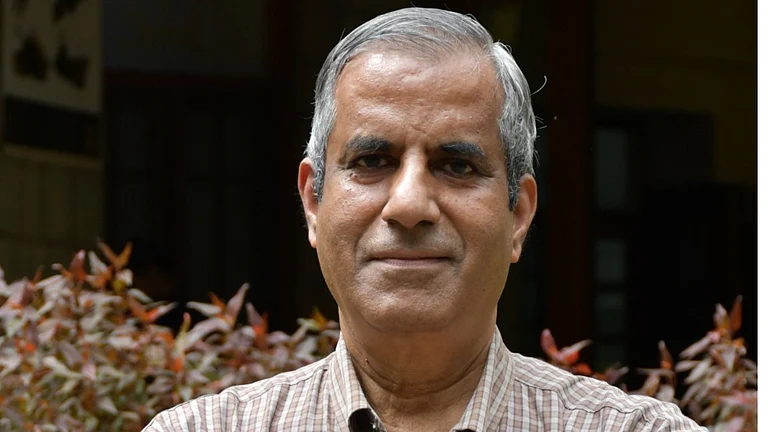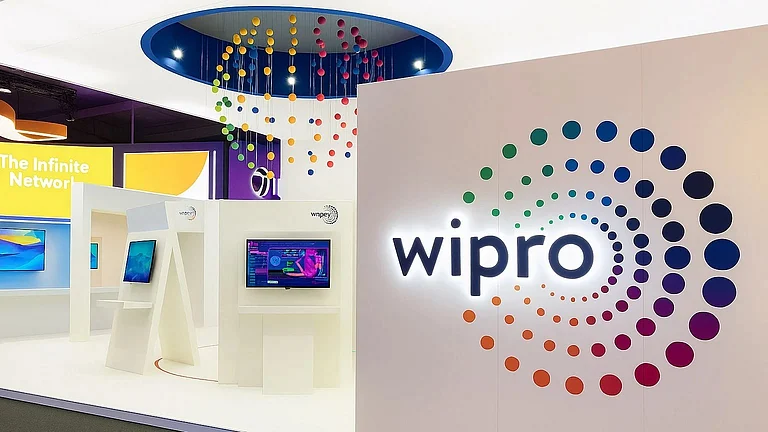The 2024 festive season is about to arrive. What has Amazon planned for maximising sales this year?
The festive season at Amazon started right with Janmashtami, Raksha Bandhan, Ganesh Chaturthi and now Onam, so we’ve been gearing up more and more with our festive sales.
Nearly 65% of orders for small and medium businesses came from Tier-II, -III, or lower towns, highlighting the broad reach of
this segment.
This year, we believe we are going to yet again set new benchmarks. We have been gearing up by building the required infrastructure. We have hired around 1.1 lakh people across fulfillment centres, rotation centres, delivery centres, so that the desired product reaches right on time.
What trends are you noticing in customers’ buying behaviour this festive season?
We have observed several notable trends, with a significant one being the increasing preference for premium products, a phenomenon we refer to as “premiumisation”. This trend is evident across all categories.
Affordability remains a critical factor for customers. To address this, we offer options such as no-cost EMI, installment plans and attractive exchange values on high-ASP [average selling price] products, making them more accessible.
Additionally, we are heavily investing in speed, aiming to provide fast delivery not only to metro areas but across the entire country. Currently, around 1mn products are available for same-day delivery, and approximately 4mn products can be delivered within one day.
Since you talk about “speed”, what kind of challenge are you facing from quick commerce companies?
Currently, our business remains unaffected, with strong and growing demand even in top metro cities. While future impacts can't be predicted, our focus on speed is broad-based. We're offering fast delivery across a wide range.
On Amazon Fresh, customers can schedule grocery deliveries within two hours. We've expanded from 60 to 130 cities, and while some saturation may occur, serving the entire country presents vast opportunities.
For example, offering handicrafts from Varanasi or Moradabad across India and even shipping to 18 countries requires broad collaboration.
This goes beyond quick delivery of 5,000 products in 15 minutes—it’s about serving a diverse and widespread customer base with a wide range of offerings.
You mention that business remains largely unaffected, but what is Amazon doing to prepare for a future impact?
Quick commerce serves a specific need, but we address a broader range of customer needs and don’t see it as an immediate threat. Currently, quick commerce hasn’t impacted our business. While I can't speak about future plans, Amazon has always led the way in offering and guaranteeing fast delivery, starting in the US.
Speed remains a priority. In metro cities, many items labelled for same-day delivery often arrive within four hours. While quick commerce is important, I think the media attention it has received has made it look like it is the only commerce that is going to take place, which is not true.
A major challenge in shopping online is fake products. What is Amazon doing to provide a trustworthy experience?
Of course, while shopping online, a little bit of fear-mongering is there. Despite that, Amazon remains the most trusted marketplace for customers to do their festive shopping. So, we do have that trust with the customer.
Amazon also has this policy of vetting its sellers, so we know what their relationship is with the brand whose products they are selling.
We make every effort to ensure the products on Amazon are authentic. For example, you won’t find Gucci on our platform because we don’t have a partnership with them. If a seller claims to offer Gucci products, we require proof that Gucci has authorised them to sell on Amazon.
Even if a market is lucrative, we would never sell counterfeit products, as it would destroy customer trust. For high-end luxury brands like Gucci and Prada, we don’t sell them because many sellers lack direct buying relationships with these brands, making it hard to ensure quality.
Don't you think that having high-end luxury products on Amazon will enhance the credibility of the platform?
It will absolutely, but through the right channel. It is possible if the brand comes directly to us. So, we have a lot of D2C brands selling directly on Amazon, hence authenticity is guaranteed.
We offer a programme called store integration to address the concern some brands have about splitting inventory between our fulfillment centres and their physical stores.
The products in these stores are also listed on our website, allowing customers to purchase online while the inventory is fulfilled directly from the store. This enables the same inventory to serve both online and offline customers efficiently.












